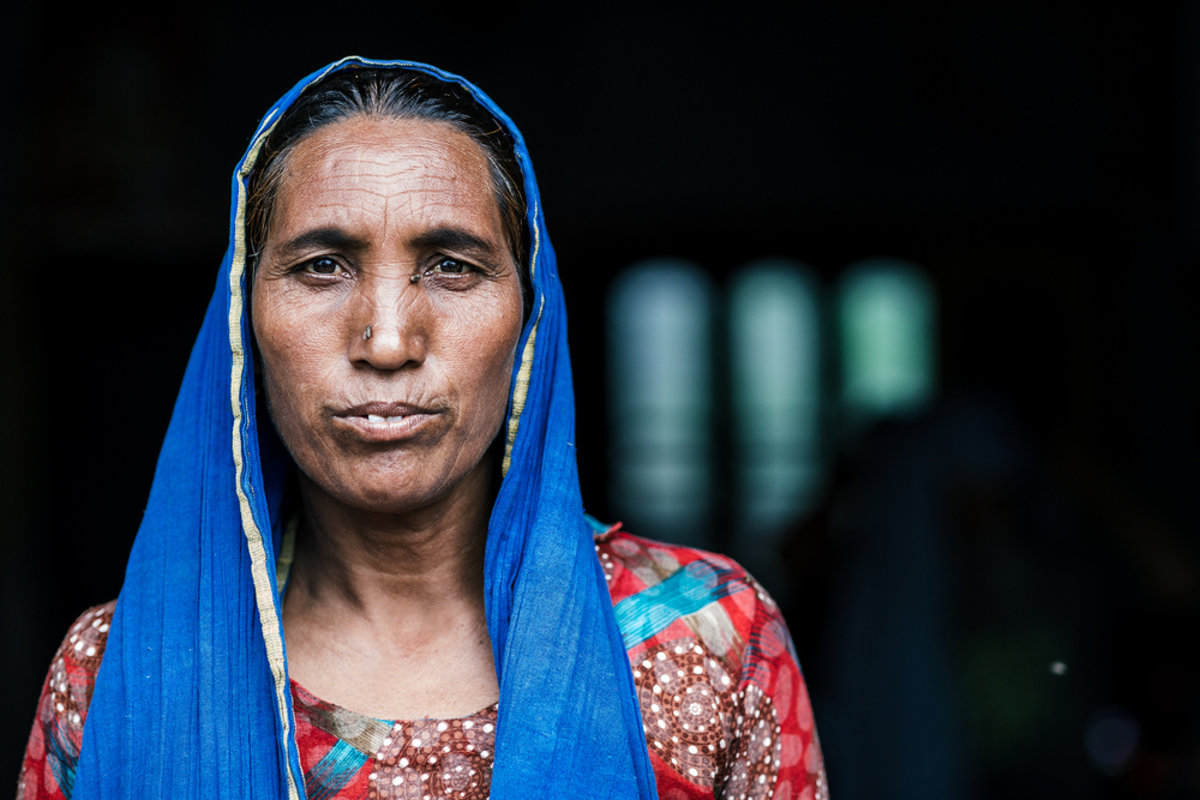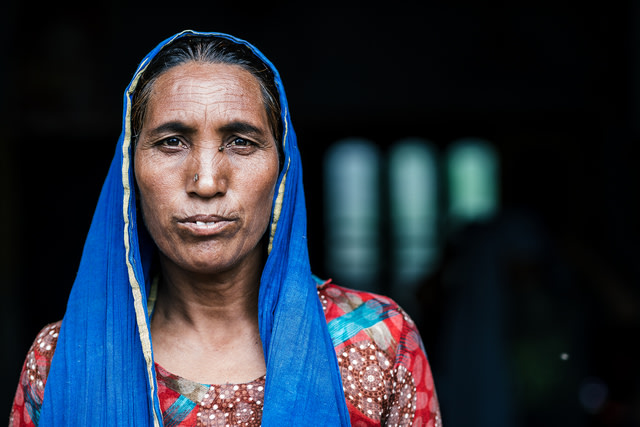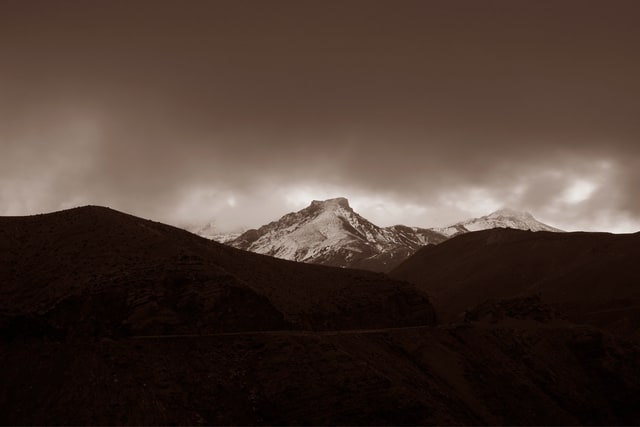
Who are the Unreached?
Who are the Unreached?
The word ‘unreached’ has been bouncing around in the church for the last 50 years or so, but what does it mean, and who are these elusive ‘unreached peoples’ we’re so desperate to reach?

In 1982, a group of world mission leaders came together as part of the Lausanne Movement to work toward defining the remaining missionary task. They wanted to know just how much of the Great Commission was still left undone, and in doing that, they also developed some definitions that shape the way we work today:
A people group is ‘the largest group within which the gospel can spread as a church planting movement without encountering barriers of understanding or acceptance.’ This may not be simply an ethnic group, but is rather any ‘grouping of individuals who perceive themselves to have a common affinity for one another because of their shared language, religion, ethnicity, residence, occupation, class or caste, situation etc.'
An unreached people group is ‘a people group within which there is no indigenous community of believing Christians able to evangelise this people group.’ Normally we consider an unreached people group to be any people group in which less than 2% of the population is following Jesus.*
But beyond the definitions, who are they?
The Unreached are people who don’t know Jesus and have no feasible way to find out about Him. They live in pockets large and small all over the world. From isolated villages in the heart of the Amazon to the packed high rises of Tokyo, they are mothers and fathers, they have hopes and aspirations, they have struggles and sorrows. From the utterly illiterate to the highly educated, they are poets, dreamers, scientists and farmers. In truth, they are not so different from any one of us. In fact, it is impossible to build a singular profile of the unreached, apart from one thing: Simply by virtue of being born when and where they were, they are entirely without knowledge of the love, grace and hope that come from Christ.
“Go into all the world and make disciples,” was Jesus’ command. In centuries past, this meant trekking through a jungle or across a desert. But not anymore. The remote places of the world are still home to unreached people groups, but political and ideological changes in our world have meant that geography is no longer the only barrier to the gospel. So we go not only into the jungles of Papua New Guinea and Brazil, but we also pound the pavements of Bangkok and Calcutta, seeking out the unreached, wherever and whomever they may be.
* From 'Finishing the Task: The Unreached Peoples Challenge', by Ralph D. Winter and Bruce A. Koch, in Perspectives on the World Christian Movement: A Reader, Fourth Edition. William Carey Publishing, 2009. p. 536.
A lady I know hadn’t slept for two weeks owing to the constant pain she was experiencing. She sought help through a spirit doctor, but after various painful rituals she found no relief...
Grace is a widow with numerous dependents. Through the encouragement of the card project, Grace testifies to knowing God’s timely and personal provision...
It is cringe-worthy to think of how I unwittingly broke their cultural norms and ideas of politeness yet despite this they chose to embrace me anyway!



